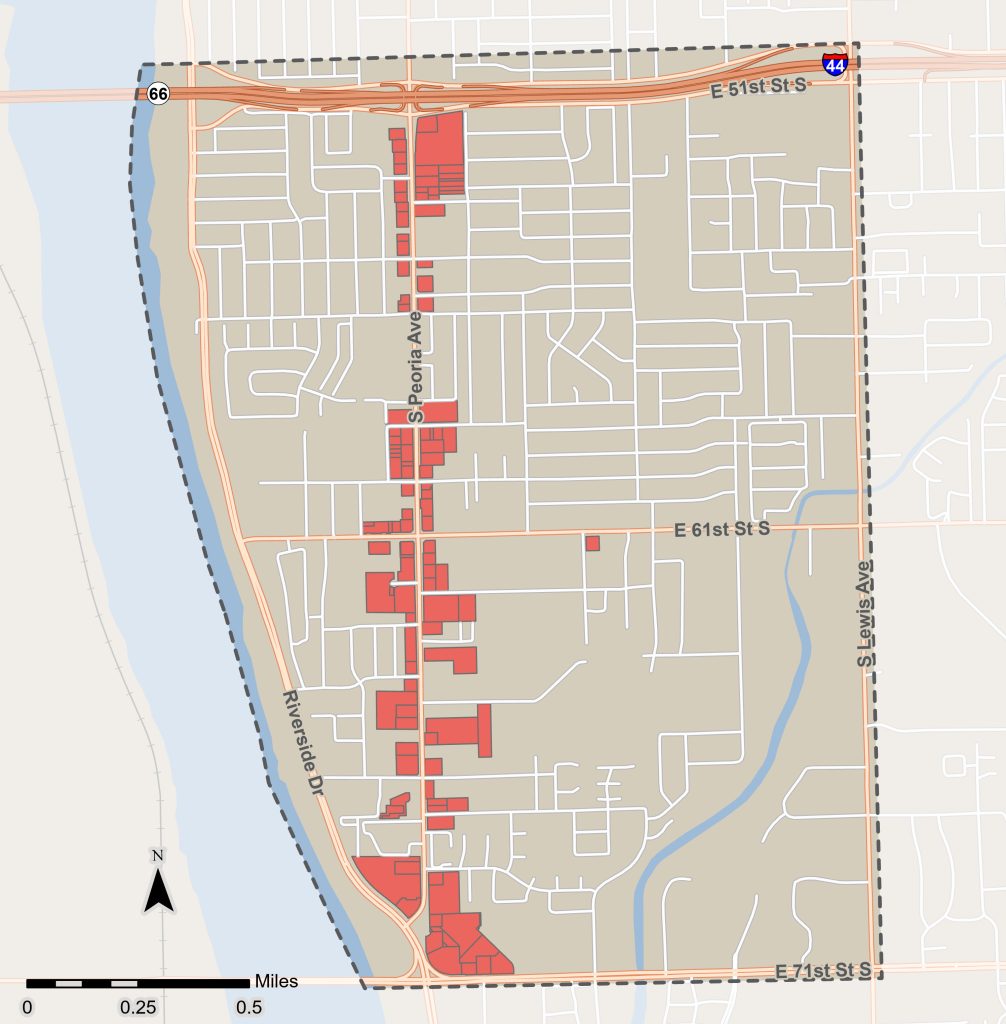Riverwood Neighborhood Improvement Strategy (RNIS)
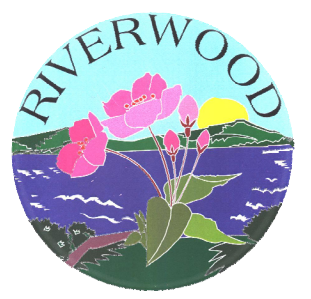 The Riverwood Neighborhood Improvement strategy will evaluate existing unique opportunities and challenges with local leaders and community organizations to create an action-oriented plan for continued growth within the Riverwood community.
The Riverwood Neighborhood Improvement strategy will evaluate existing unique opportunities and challenges with local leaders and community organizations to create an action-oriented plan for continued growth within the Riverwood community.
The process is led by an internal management team and six working groups. There will be three phases. Read more about RNIS here, or find answers to common questions here. If your question isn’t answered below, please reach out to us (rnistulsa@gmail.com).
Get Involved
Share Your Ideas About the Future
What does a prosperous future for Riverwood look like to you? Let us know by completing this brief form.
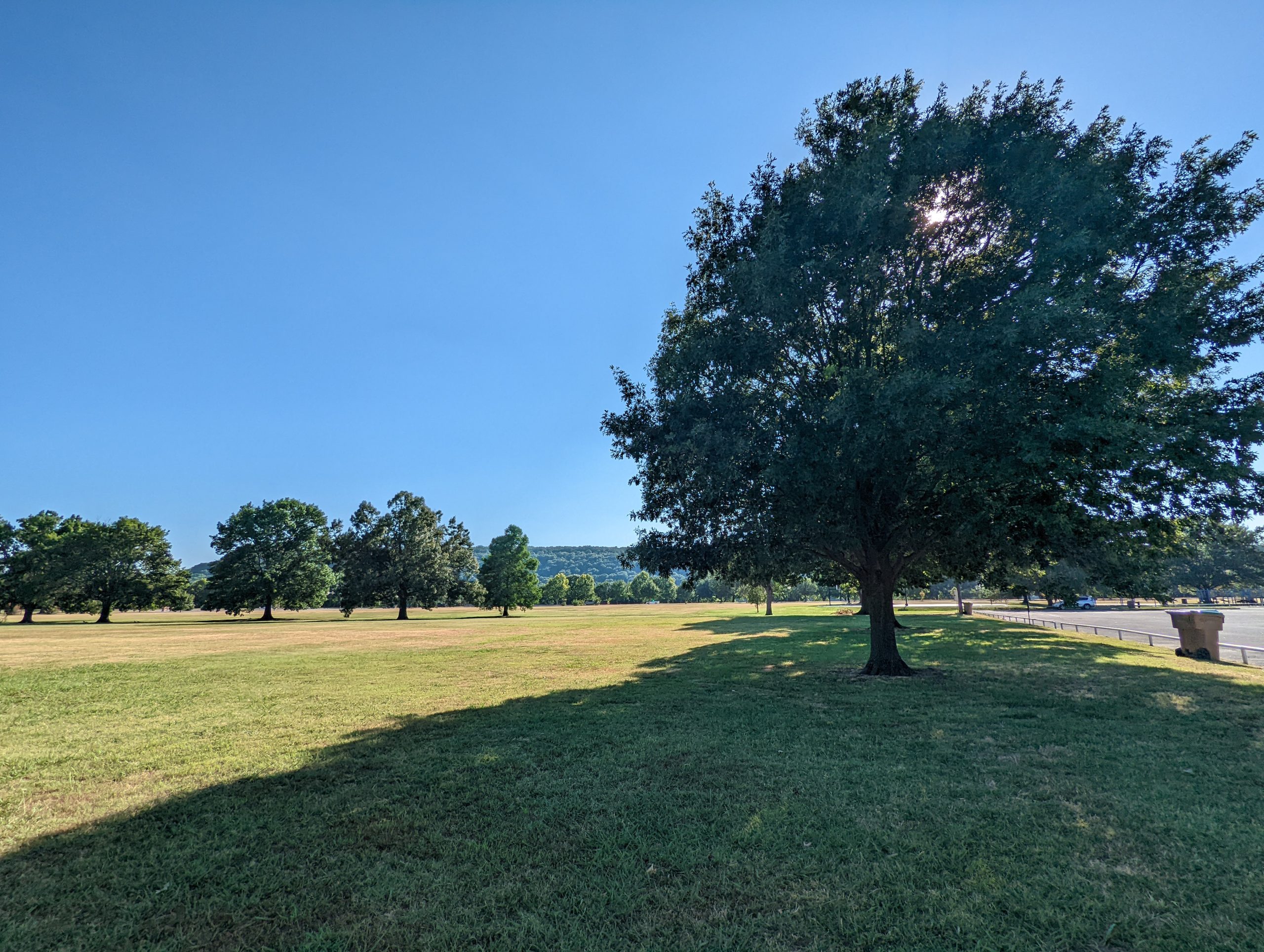
Tell Us About Your Neighborhood’s Challenges
What challenges are Riverview residents facing? Let us know by completing this survey.

Help Us Map the Neighborhood
What are Riverwood’s attractions and neighborhood assets? Help us map them!
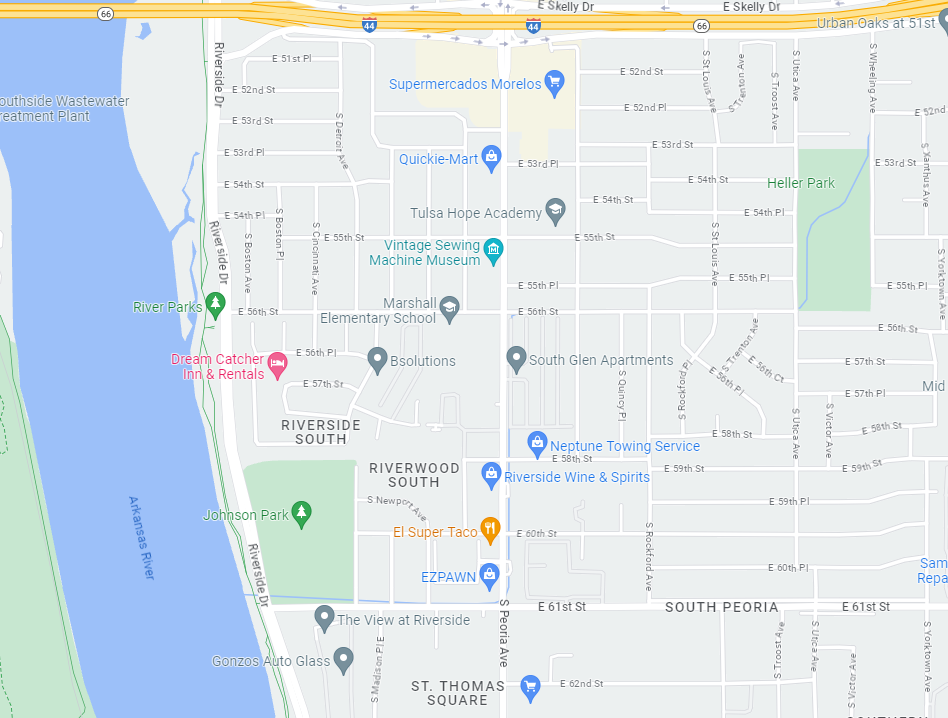
Upcoming Events
Please check back for future event updates.
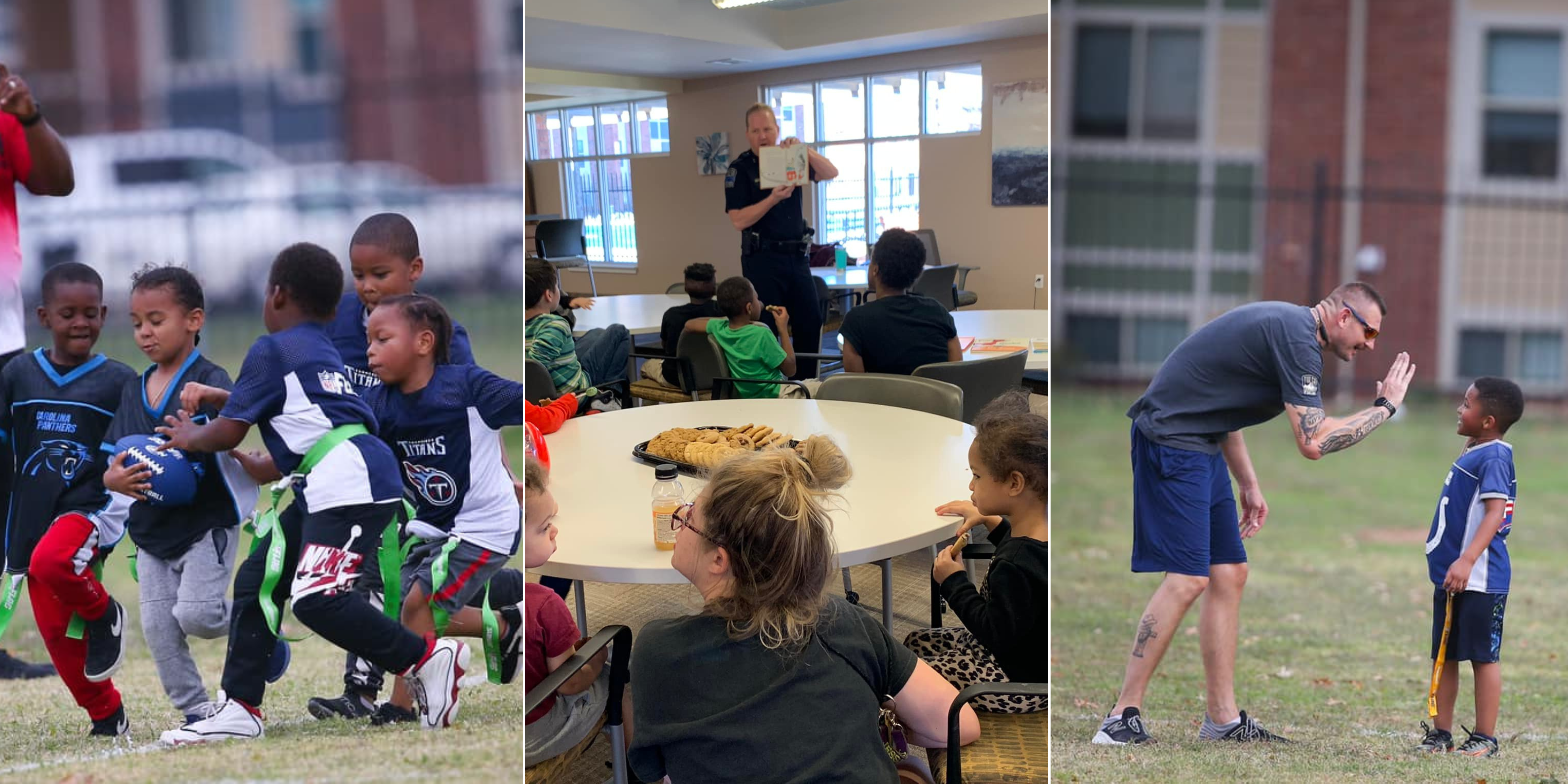
Latest Updates
ArchWell Health Expanding to New Location in Riverwood to Better Serve Seniors
Flock Safety Cameras Installed near 61st & Peoria to Improve Residents’ Safety
Johnson Park Slated for Improvements Based on Residents’ Feedback
Tulsa Crime Stoppers Initiates Engagement Walks with Police and Community Leaders to Improve Safety
Alert Neighbors Program Launched in Riverwood
About the Teams
Management Team
The Management Team is made up of technical experts in the fields that the working groups will be addressing and will lead the working groups.
The Management Team is responsible for:
- Identifying, conducting, and analyzing research
- Determining deliverables of each working group (and for RNIS as a whole)
- Identifying gaps and opportunities for working groups to explore in Phase Two
- Identifying funding and grant opportunities for working groups to explore in Phase Two
- Creating structure and pre-plan for Phase Two outreach and community engagement
- Establishing working groups
- Synthesizing strategies created by working groups into RNIS and connect to city-wide planning and initiatives
- Preparing RNIS for Tulsa Metropolitan Area Planning Commission (TMAPC) and City Council adoption
- Publishing results, research, and the adopted strategy
Management Team Members
- Paulina Baeza, Tulsa Planning Office
- Jonathan Butler, PartnerTulsa
- Lindiwe Chaza Jangira, South Tulsa Community House
- Councilor Jeannie Cue, Tulsa City Council
- Sarah Davis, Tulsa City Council
- Angenette DeBose, Mayor’s Office of Resilience & Equity
- Sam Extance, Tulsa Planning Office
- Luke Fears, Riverwood Collaborative
- Councilor Jayme Fowler, Tulsa City Council
- Karen Gilbert, Tulsa Crime Stoppers
- Travis Hulse, Mayor’s Office
- Delia Kimbrel, Impact Tulsa
- Gretchen Mudoga, PartnerTulsa
- Susan Miller, Tulsa Planning Office
- Rodrigo Rojas, Mayor’s Office
- Emily Scott, Downtown Tulsa Partnership
Working Groups
The Working Groups bring together technical experts and local leaders in the community to focus on specific topics to develop a strategy to be presented for feedback from the public. Working groups will refine the strategy based on needs and opportunities defined by the greater community.
Working Groups are responsible for:
- Conducting SWOT (Strengths, Weaknesses, Opportunities, & Threats) Analysis
- Conducting additional research (if needed)
- Executing assigned deliverables
- Identifying short-term implementation projects, partners, and funding sources
- Identifying long-term implementation projects, partners, and funding sources
- Identifying, determining, and implementing community engagement
- Creating an implementation strategy for their working group topic.
Housing & Neighborhoods
Housing & Neighborhoods focuses on housing conditions, housing affordability, neighborhood characteristics, residents’ needs, and addressing homelessness. This working group will work to create a Renter Engagement Toolkit and strengthening neighborhood and tenant associations.
Working Group Leaders: Travis Hulse, Delia Kimbrel
Members:
- Derran Bartel, Trenton Square Homeowners Association
- Jamie Belger, Heller Park Neighborhood Association
- Shandi Campbell, Landlord Tenant Resource Center/Housing Solutions
- Doug Duke, South Peoria Coalition
- Ginny Hensley, Tulsa Housing Authority
- Travis Hulse, City of Tulsa
- Delia Kimbrel, Impact Tulsa
- Devin Lucas, Working in Neighborhoods
- Arturo Saldivar, Vive Investments
Transportation
Transportation focuses on residents’ access to transit, streets, public transit, pedestrian infrastructure, bicycle infrastructure, traffic management, and safety. Group will make transportation planning recommendations as well as recommendations to prepare for transportation innovations.
Working Group Leaders: Paulina Baeza & Sam Extance
Members:
- Kolby Ari, BPAC
- Paulina Baeza, Tulsa Planning Office
- Sam Extance, Tulsa Planning Office
- Lance Miller, Bike Club Tulsa
- Tracy Nyholm, City of Tulsa Traffic Engineering
- Chase Phillips, Tulsa Transit
- Jane Ziegler, INCOG
Economic Development, and History, Culture, & Creativity
Economic Development and History, Culture, and Creativity focuses on economic development, jobs, incentives, business retention and expansion, entrepreneurship, commercial revitalization, business support programs, commercial tenants’ and property owners’ needs, and economic mobility.
This working group also focuses on Riverwood’s historical, cultural, and artistic environment and ways the City of Tulsa can support and promote these valuable community assets through programming, promotion, and funding.
Working Group Leaders: Emily Scott, Rodrigo Rojas
Members:
- Justin Mclaughlin, Tulsa Regional Chamber
- Josh Miller, George Kaiser Family Foundation
- Spencer Mitchell, Partner Tulsa
- Rodrigo Rojas, Mayor’s Office
- Emily Scott, Downtown Tulsa Partnership
- Jerica Wortham, J’Parlé LLC, J’Parlé Literary Magazine, and Greenwood Art Project
Land Use, Parks, and Environment
Land Use, Parks, and Environment focuses on land use development, Tulsa’s parks, trails, and recreation facilities within Riverwood, zoning, development regulations, land use needs, pattern of development, and vacant or underutilized property. This working group also focuses on sustainability, stormwater management, energy use, and environmental assets and risks (flooding, pollution, energy resources, and the conservation of valuable habitat and tree canopy coverage).
Working Group Leaders: Susan Miller, John Tankard, & Luke Fears
Members:
- Brooke Caviness, City of Tulsa Engineering
- Luke Fears, Riverwood Collaborative
- Steve Grantham, Up With Trees
- Jacob Hagen, City of Tulsa Environmental Compliance
- Steven Lassman, City of Tulsa Department of Parks, Culture, and Recreation
- Susan Miller, Tulsa Planning Office
- Felicity Good, Tulsa Planning Office
- Steven Watts, Rose Rock Development Partners
Public Services
Public Services focuses on public services and amenities to the residents of Riverwood (including police-municipal courts, fire, water & sewer, animal welfare, solid waste, libraries, and schools) crime, safety, civic engagement, and demographic analysis. This working group also focuses on building strong community partnerships and assessing whether City communications are accessible to Riverwood residents.
Working Group Leaders: Lindiwe Chaza Jangira, Angenette DeBose, & Karen Gilbert
Members:
- Debra Bell, Marshall Elementary School
- Ramal Brown, Food on the Move
- Lindiwe Chaza Jangira, South Tulsa Community House
- Angenette DeBose, Mayor’s Office of Resilience & Equity
- Karen Gilbert, Tulsa Crime Stoppers
- Natalie Jones, NovaStar Family Medicine
- Manju Kaul, Clinical Psychologist
- Karen Tippler, Tulsa Police Department – Riverside Division
- Teri Touche, Riverside Community Member
Strategic Partnerships & Development
Strategic Partnerships & Development focuses on funding, partnerships, policy, grants, and future tax packages. This working group supports the other five working groups, by developing key partnerships, identifying, and securing funding for implementation of strategies, initiatives, and projects, and advocating for policy change when needed.
Working Group Leader: Sarah Davis
Members:
- Jonathan Butler, PartnerTulsa
- Councilor Jeannie Cue, Tulsa City Council
- Sarah Davis, Tulsa City Council
- Kathryn Junk, Metro Christian Academy Board
- Councilor Jayme Fowler, Tulsa City Council
- Gretchen Mudoga, PartnerTulsa
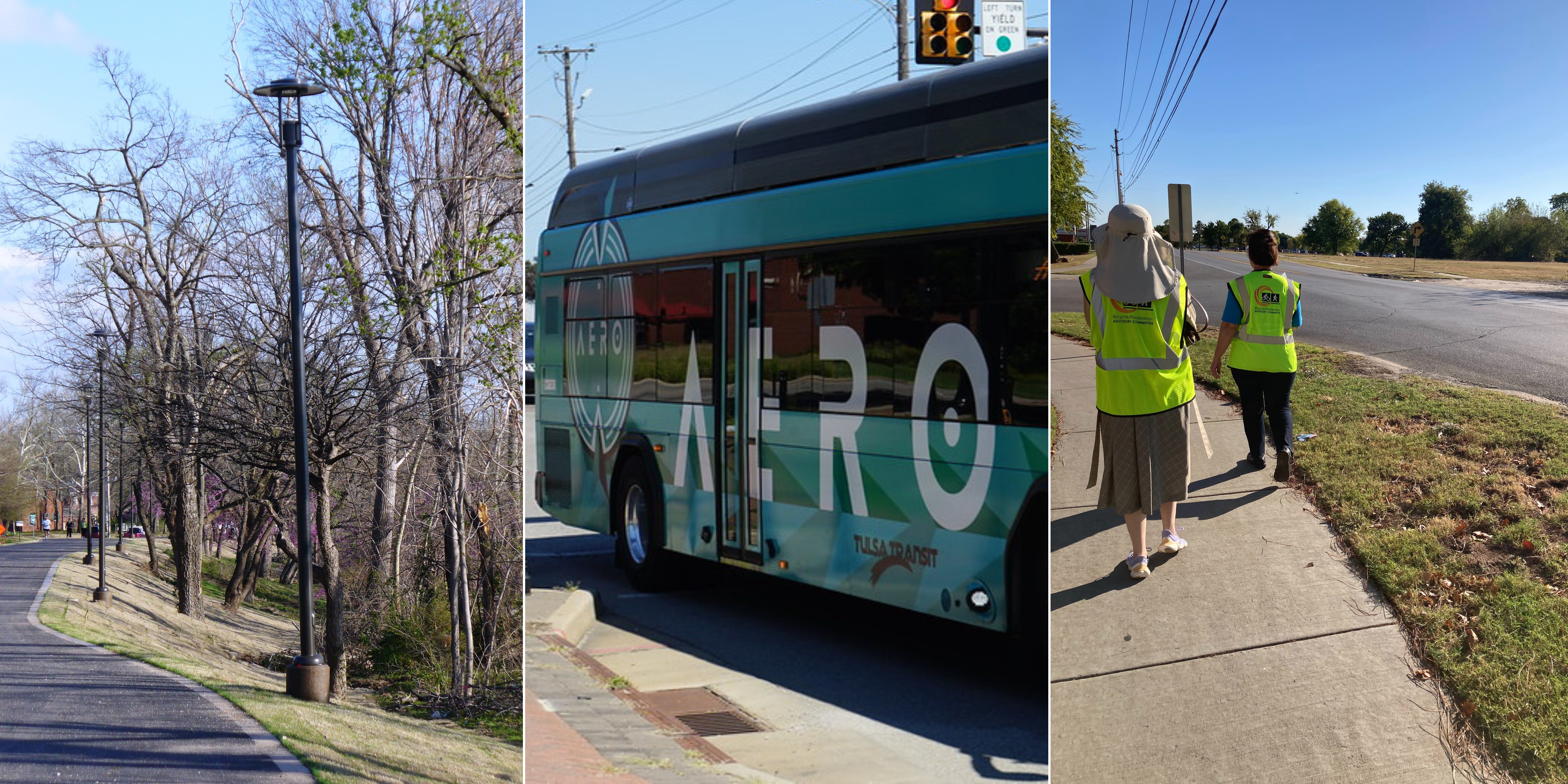
Frequently Asked Questions
What are the boundaries of this strategy?
The strategy area is between Lewis Avenue and Riverside Drive from 51st to 71st Streets. For a map, scroll to the top of this page.
What is a neighborhood improvement strategy?
A neighborhood improvement strategy focuses on a specific area to improve it. It is action-oriented with an emphasis on short-term projects to implement, community engagement, and research. Like other official plans, it is reviewed by the Tulsa City Council and Tulsa Metropolitan Area Planning Commission (TMAPC).
How is this different from a small area plan or master plan?
A neighborhood improvement strategy shares some things in common with a master plan and small area plan: it is action-oriented, addresses many of the same topics like housing and land use, and informs long-term development of an area that coincides with wider-city initiatives. It differs from a small area and master plan in a few key ways: a neighborhood improvement strategy is not as comprehensive; it focuses on short-term implementable projects and goals to improve neighborhood conditions sooner; and it will identify funding to be used within the immediate future.
What are the goals of this strategy?
The goal of this strategy is to create a vision and action-oriented redevelopment strategy to help guide the area’s growth.
Who is leading this process?
The process is being led by the Tulsa Planning Office in collaboration with the Mayor’s Office, Tulsa City Council, and Riverwood community leaders.
How was the Riverwood Neighborhood Improvement Strategy started?
The Riverwood Neighborhood Improvement Strategy was initiated by engaged citizens like you!
The Riverwood Collaborative, a grassroots group of residents and organizations in the area, reached out to the Tulsa Planning Office with interest in participating in the state Main Street Program. Oklahoma Main Street then conducted a site visit and determined that the area was not ready for main street designation. To keep the momentum from the Riverwood Collaborative, the Tulsa Planning Office then began to develop this strategy.
How was the management team selected?
The management team was selected based on their roles within vital planning and city departments. Members from the Riverwood community were selected based off a 2022 report conducted by IQC in partnership with the Riverwood Collaborative.
How were the working groups selected?
The process was led by the management team consisting of Tulsa Planning Office staff, elected leadership, and community stakeholders who evaluated working group parameters. Each working group has a specific topic and focus. When considering members for working groups, the management team determined what knowledge and experience (both learned and lived) are needed to create meaningful, implementable strategies and projects. Respondents were rated based on several factors including the proposed project approach and methodology, respondents’ experience in similar projects, contexts, and communities, and an understanding of project objectives, project issues, and the proposed scope of work.
How were the working group topics determined?
Working group topics align with the main chapters of the Tulsa Comprehensive Plan to ensure successful adoption and implementation of the strategy. This also ensures that the final strategy adopted works in tandem with wider city projects, strategies, and plans.
What do the working groups do?
The working groups create an implementation strategy that addresses the needs, opportunities, and challenges related to their working group topic. They will identify short- and long-term implementation projects, conduct research and community engagement, and complete assigned deliverables (or work).
What does the management team do?
The management team guides the entire process and ensures that working groups are supported, remain on task, and complete their work. The management team will combine all the working groups’ strategies into one final strategy. The final strategy will be reviewed and officially adopted by Tulsa City Council and Tulsa Metropolitan Area Planning Commission (TMAPC).
What is the role of the public and how can I get involved?
The team is designing a robust resident and stakeholder engagement strategy with multiple feedback loops to ensure authentic and effective engagement. This will include hands-on community engagement, stakeholder interviews, and open houses throughout the process. You can get involved by attending one of our events or completing the surveys on this webpage.
How is this process initially funded?
The City of Tulsa and Tulsa City Council allocated $50,000 to be used for the initial community engagement and short-term implementation.
What will the final strategy look like?
The final strategy will have sections dedicated to each working group topic (Housing & Neighborhoods; Transportation; Economic Development and History, Culture, & Creativity; Land Use, Parks, and Environment; Public Services; and Strategic Partnerships & Development) and include a list of short- and long-term implementation projects.
How will identified projects in the strategy be funded?
Identified short- and long-term projects will be funded in a variety of ways. The Strategic Partnerships and Development Working Group’s focus is on identifying funding, preparing for future sales tax packages, establishing key partnerships for implementation and funding, and earmarking grants for implementation of these projects.
What previous area studies, strategies, and programs inform this process?
There are many studies, strategies, and programs that inform this current process. They are listed below.
Byrne Grant (2014-2016): A program funded by the Department of Justice to find a community resource officer for the Tulsa Police Department to work in conjunction with members of the community to build social cohesion at the individual level and improve collaboration with the local criminal justice system.
IQC Report (2022): This report was created in conjunction with the University of Oklahoma to help develop a robust evaluation of the area’s demographics and needs that created a foundation for the development of the Riverwood Neighborhood Improvement Strategy.
Riverwood Small Area Plan (1997; 2008): This was a neighborhood small area plan created in 1997 and updated in 2008 that identified specific neighborhood planning recommendations that would help revitalize the area. This resulted in the creation and building of the Riverwood neighborhood sign across from Johnson Park.
Crime-Based Crime Reduction Mid-Year Implementation Plan (2019): The City of Tulsa’s main goals is to reduce violent and property crimes, increase community engagement, increase the availability of social services for neighborhood residents, and enhance neighborhood safety. Together, these goals reflect a broad and holistic approach toward building a greater quality of life for not only 61st and Peoria neighborhood residents, but for all Tulsans.
